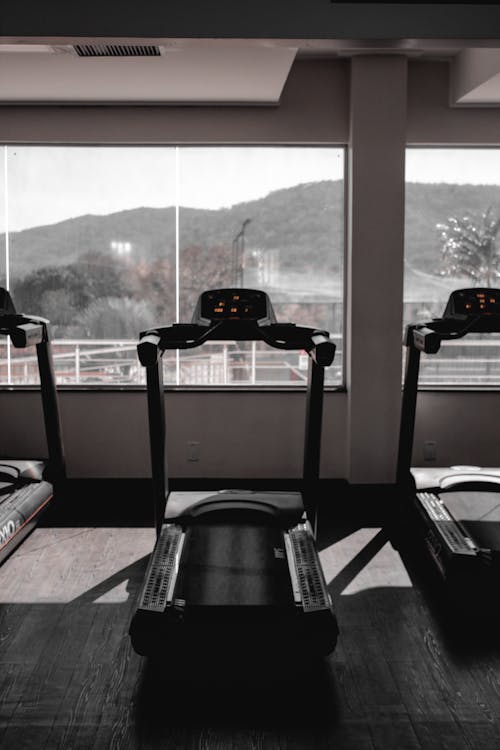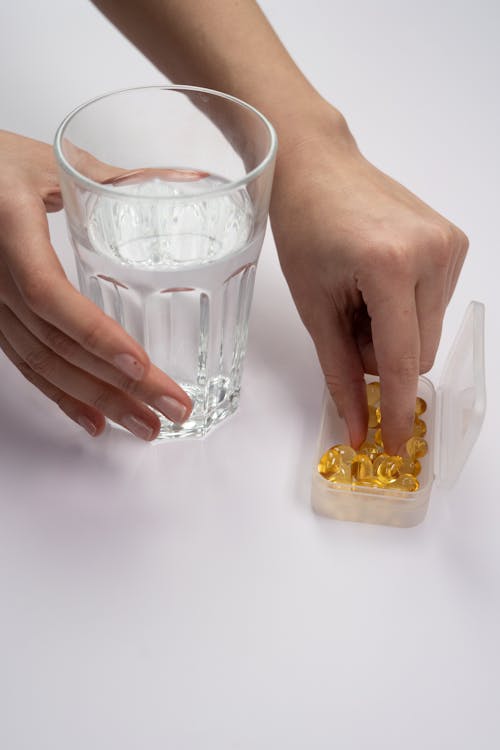GUEST POST | Treadmills are a fantastic way to stay fit, and having access to one in the comfort of your own home can be a real game changer for your workout routines. Unfortunately, their noise can be disturbing for others. This may not be an issue for some, but many of us have neighbours, housemates or live in flats with other residents above and below us. Whether it's the thumping of feet or the hum of the motor, making use of your treadmill might result in a few complaints from others.
It might not be something you'd immediately think of, but there are various options for soundproofing your treadmill, making your workouts more enjoyable and less intrusive. Presented by AcousticShop, the experts in soundproofing for walls and floors, this handy guide offers tips and tricks for DIY enthusiasts and fitness buffs to reduce treadmill noise.
Locate The Source
Treadmill noise often comes from three primary sources; the sound of feet impacting the treadmill deck, the hum and vibrations of the treadmill's motor and the vibrations carried through the floor and walls. There are steps you can take to reduce the sound from each of these sources.
Soundproof Your Treadmill
Use a treadmill mat. Treadmill mats help to prevent transferral of shocks and vibrations from the treadmill to the floor, which aids in lowering the overall noise. Spending the right amount on these will increase the likelihood of getting hold of a high quality and effective mat constructed of dense materials like rubber or foam.
Place the Treadmill on Carpet
There's no harm in doubling up to reduce noise, and a thick carpet underneath a treadmill mat can reduce noise even further - whether it's a fully carpeted floor or a rug. Once again, carpets and rugs absorb sound and lessen vibrations, providing an additional layer of insulation.
Use Isolation Pads
AS the name suggests, isolation pads - sometimes referred to as anti-vibration pads - are designed to isolate and absorb vibrations. Placing these pads under the treadmill's feet can greatly reduce the noise transferred to the floor below.
Lubricate the Treadmill Belt
As with any piece of motorised technology, your treadmill needs to be looked after. Regular lubrication of the treadmill's belt reduces friction, lowering both motor noise and the sound of the belt moving. Before you reach for the WD40, it's best to follow your treadmill manufacturer's recommendations for what you should use for the job, and how often you should use it.
Soundproof the Room
Some might consider this overkill, but you could take steps to increase the effectiveness of your efforts by soundproofing the entire room. Again, this might be a little too far for most, especially if you only have the treadmill, but if you have other equipment like weights or a rowing machine, this might be worth considering.
Fixing some acoustic panels to the room's walls is a great place to start, but you could also consider adding weatherstripping around doors or using heavy, sound-absorbing curtains to reduce noise.
Use a Treadmill Quiet Kit
Some manufacturers offer kits designed to reduce treadmill noise, which typically include isolation pads, lubricants, and quieter belts.
Change your Running Habits
Running barefoot or with lightweight shoes can greatly lessen impact noise when compared to heavier footwear. Additionally, though it might seem obvious, you'll want to pick the best times to jump on your treadmill; not everyone enjoys late nights or early mornings. Running on an incline also makes less noise compared to running on a flat surface.
If noise is still an issue, think about switching to quieter training equipment like ellipticals or exercise bikes, which generally make less noise. But, if you're dead set on using a treadmill at home, these soundproofing methods will help you create a more enjoyable training environment while still maintaining harmony with your family and neighbours.


















